📱 app
📱 Manage your Capgo app settings and configurations in Capgo Cloud.
Alias: a
npx @capgo/cli@latest app add➕ Add a new app to Capgo Cloud with a unique app ID in the format com.test.app. All options can be guessed from config if not provided.
Example:
npx @capgo/cli@latest app add com.example.app --name "My App" --icon ./icon.pngOptions:
| Param | Type | Description |
|---|---|---|
| -n, | string | App name for display in Capgo Cloud |
| -i, | string | App icon path for display in Capgo Cloud |
| -a, | string | API key to link to your account |
| —supa-host | string | Custom Supabase host URL (for self-hosting or Capgo development) |
| —supa-anon | string | Custom Supabase anon key (for self-hosting) |
🗑️ Delete
Section titled “ 🗑️ Delete”npx @capgo/cli@latest app delete🗑️ Delete an app from Capgo Cloud, optionally specifying a version to delete only that bundle.
Example:
npx @capgo/cli@latest app delete com.example.appOptions:
| Param | Type | Description |
|---|---|---|
| -a, | string | API key to link to your account |
| —supa-host | string | Custom Supabase host URL (for self-hosting or Capgo development) |
| —supa-anon | string | Custom Supabase anon key (for self-hosting) |
📋 List
Section titled “ 📋 List”Alias: l
npx @capgo/cli@latest app list📋 List all apps registered under your account in Capgo Cloud.
Example:
npx @capgo/cli@latest app listOptions:
| Param | Type | Description |
|---|---|---|
| -a, | string | API key to link to your account |
| —supa-host | string | Custom Supabase host URL (for self-hosting or Capgo development) |
| —supa-anon | string | Custom Supabase anon key (for self-hosting) |
🐞 Debug
Section titled “ 🐞 Debug”npx @capgo/cli@latest app debug🐞 Listen for live update events in Capgo Cloud to debug your app. Optionally target a specific device for detailed diagnostics.
Example:
npx @capgo/cli@latest app debug com.example.app --device DEVICE_IDOptions:
| Param | Type | Description |
|---|---|---|
| -a, | string | API key to link to your account |
| -d, | string | The specific device ID to debug |
| —supa-host | string | Custom Supabase host URL (for self-hosting or Capgo development) |
| —supa-anon | string | Custom Supabase anon key (for self-hosting) |
⚙️ Setting
Section titled “ ⚙️ Setting”npx @capgo/cli@latest app setting⚙️ Modify Capacitor configuration programmatically. Specify setting path (e.g., plugins.CapacitorUpdater.defaultChannel) with —string or —bool.
Example:
npx @capgo/cli@latest app setting plugins.CapacitorUpdater.defaultChannel --string "Production"Options:
| Param | Type | Description |
|---|---|---|
| —bool | string | A value for the setting to modify as a boolean, ex: —bool true |
| —string | string | A value for the setting to modify as a string, ex: —string “Production” |
⚙️ Set
Section titled “ ⚙️ Set”Alias: s
npx @capgo/cli@latest app set⚙️ Update settings for an existing app in Capgo Cloud, such as name, icon, or retention period for bundles. Retention of 0 means infinite storage.
Example:
npx @capgo/cli@latest app set com.example.app --name "Updated App" --retention 30Options:
| Param | Type | Description |
|---|---|---|
| -n, | string | App name for display in Capgo Cloud |
| -i, | string | App icon path for display in Capgo Cloud |
| -a, | string | API key to link to your account |
| -r, | string | Days to keep old bundles (0 = infinite, default: 0) |
| —expose-metadata | string | Expose bundle metadata (link and comment) to the plugin (true/false, default: false) |
| —supa-host | string | Custom Supabase host URL (for self-hosting or Capgo development) |
| —supa-anon | string | Custom Supabase anon key (for self-hosting) |
